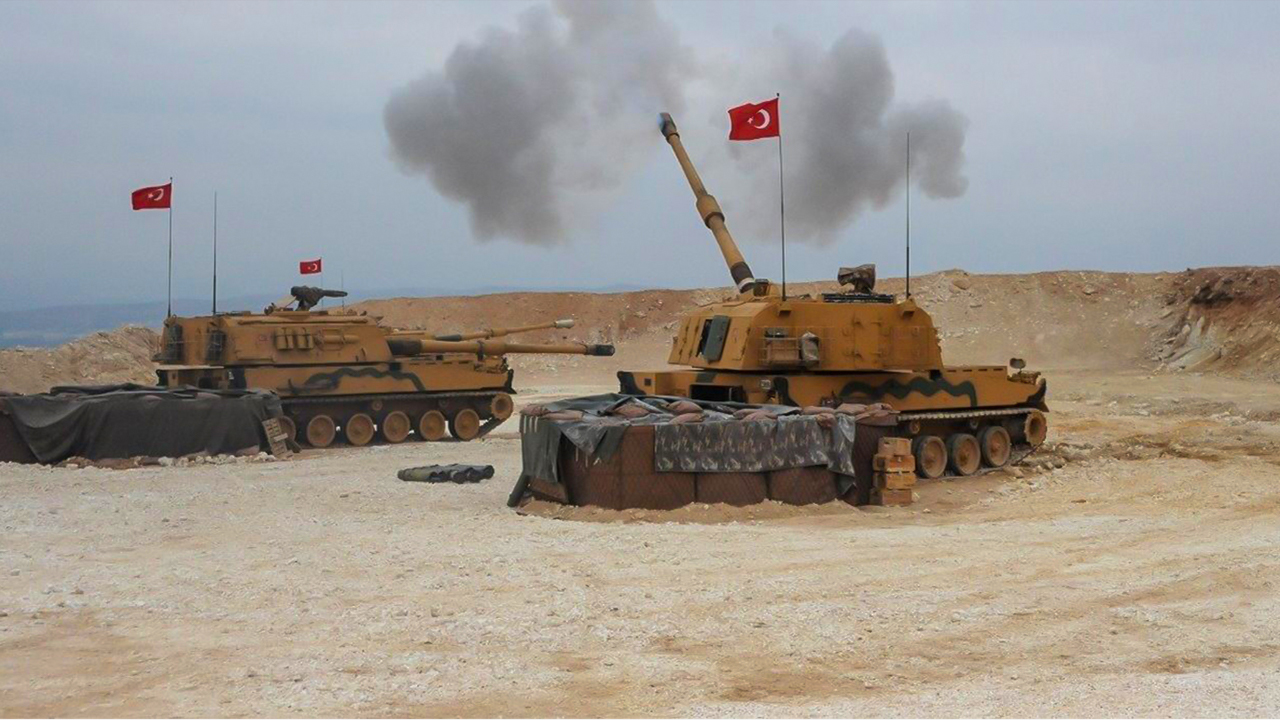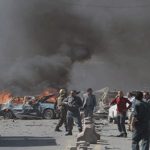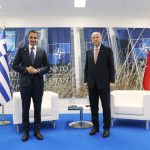Research shows that the Turkish state’s belligerent response to the Kurdish question has cost the country more than $3.5 trillion and deprived it of huge amounts of international investment, Yeni Yaşam newspaper https://yeniyasamgazetesi3.com/turkiyenin-savas-harcamasi-3-trilyon-dolar/ # on Monday.
The newspaper referred to a 2021 report by Turkish writer İzzet Akyol published by the London-based Democratic Progress Institute, which states that Turkey’s failure to solve its Kurdish issue through political channels has cost the country substantially.
As well as the direct costs of funding four decades of armed conflict, the fighting has also stunted productivity and domestic investment, curbed international investment, and decreased tourism revenues, Akyol said.
“In other words, it is possible to say that the annual growth rate of Turkey without conflicts would be 1 percent higher,” said Akyol. “Turkey has been in a state of armed conflict for almost 40 years. Wasted resources have cost Turkey trillions of dollars.”
Akyol’s findings are backed up by a 2015 report by the International Monetary Fund (IMF), which estimated that Turkey was losing three quarters of its potential international investment due to its involvement in conflicts.
While international investment came in at around $370 billion at the time, Yeni Yaşam quoted the finance minister of the period, Mehmet Şimşek, as saying that the estimated expenses on warfare came in at around $350 billion, which rose to $1 trillion when taking into account losses in investment opportunities caused by conflicts.
Şimşek was likely referring to Ankara’s involvement in the civil was in Syria, where Turkey has been a main supporter of the opposition to Syrian President Bashar al-Assad.
But the Kurdish issue is by far Turkey’s longest-running conflict, and its most costly, Akyol said.
“Turkey’s failure to find a solution to the problem within the framework of politics has created a tremendous economic cost to the country,” he said. “Turkish political is not pragmatic, flexible nor rational, and already clearly suppresses the economic growth. The circumstances created by 40 years of conflict has also created enormous economic costs for Turkey.”
The Kurdistan Workers’ Party (PKK) launched an insurgency aimed at Kurdish independence in 1984. The armed struggle came after decades of repression of Kurds by a Turkish state whose official policy was to deny the very existence of the nation-state’s largest ethnic minority.
Approximately 40,000 people are thought to have died in the decades since the conflict began, the majority of whom are Kurds.
The PKK has shifted its stance over the last 20 years to focus on fighting for Kurdish political and cultural rights, rather than independence, and was party to short-lived peace talks between 2013 and 2015.
But Turkey’s ruling Justice and Development Party (AKP) began a harsh crackdown on popular Kurdish political parties after dissolving the peace process in 2015, and has launched a series of military operations against Kurdish militants in Turkey and Kurdish-led organisations in Syria and Iraq in the years since.
“According to the calculation based on the Real Effective Exchange Rate, if there were no armed conflicts, Turkey’s economy would have been larger by 3 trillion 630 billion dollars between 1985 and 2020,” Akyol said.
When taking into account real exchange rate adjustments, Akyol estimated that the economy of a conflict-free Turkey today would have been more than 22 percent larger after four decades without warfare.
And, with costly military operations continuing in Kurdish areas of Syria and Iraq, those costs continue to mount.
The cost of artillery shells alone could reach some $500,000 dollars per day, Yeni Yaşam said, calculating the average price per shell at $1,000. Meanwhile, the Turkish Armed Forces continue to use costly F-16 fighter jets, helicopters and killer drones, further racking up the costs.
During a period when Turkey’s economy has been flagging, with rocketing inflation and a weak lira taking a deep slice out of citizens’ purchasing power, the cost of conflict has been profound.
“If we consider the issue in terms of per capita income, all else being equal, it can be assumed that per capita income in a conflict-free Turkey would be almost 35% higher than the current figure,” Akyol said.
Source:MedyaNews



